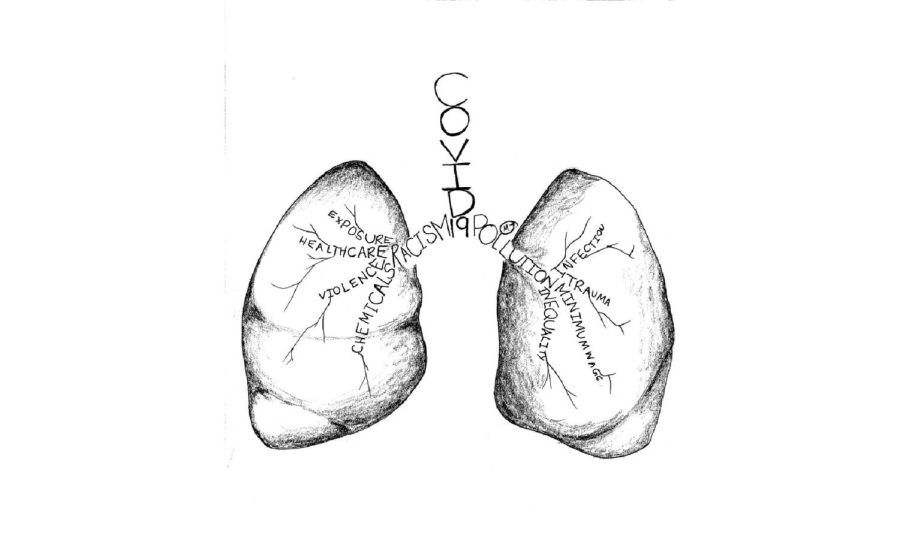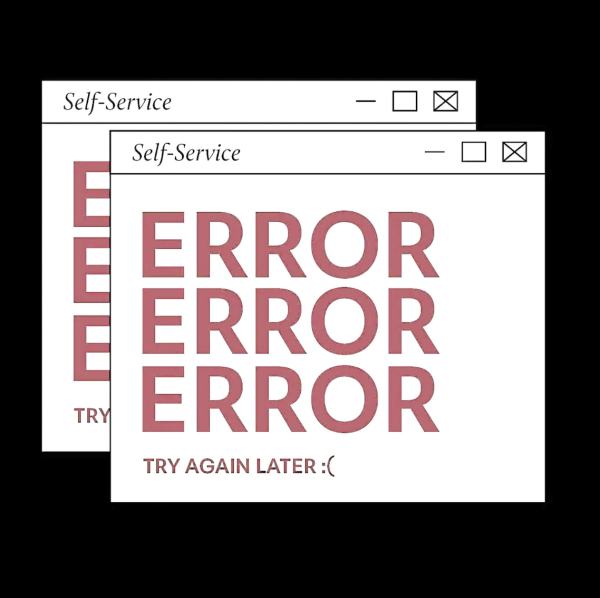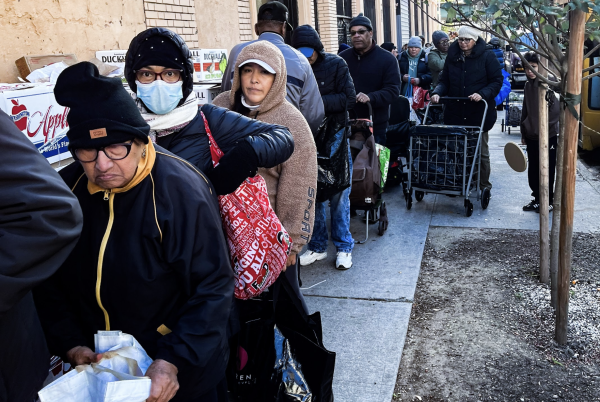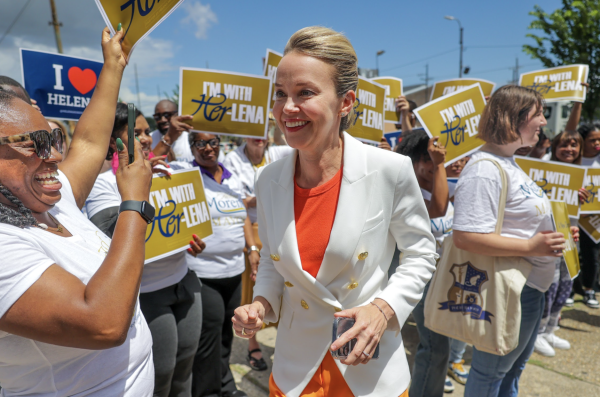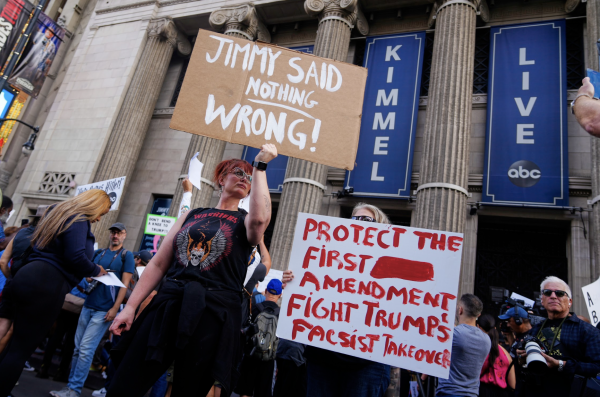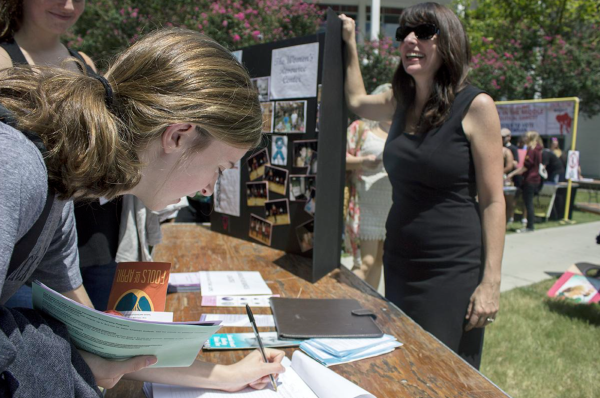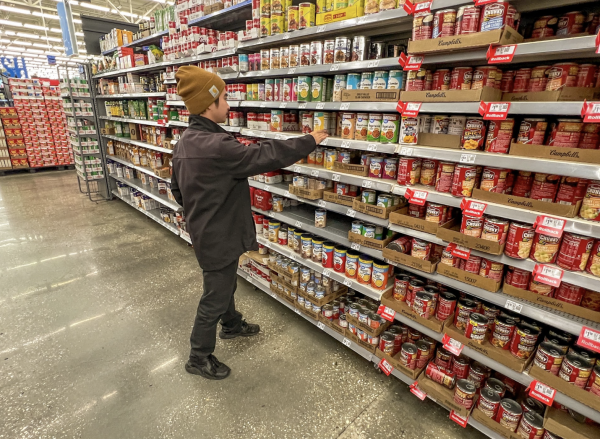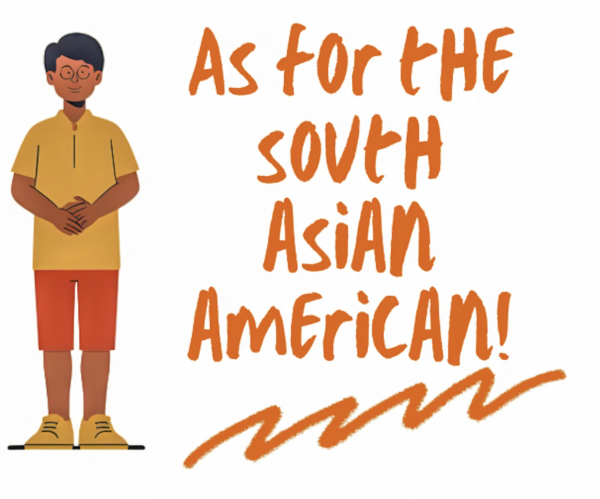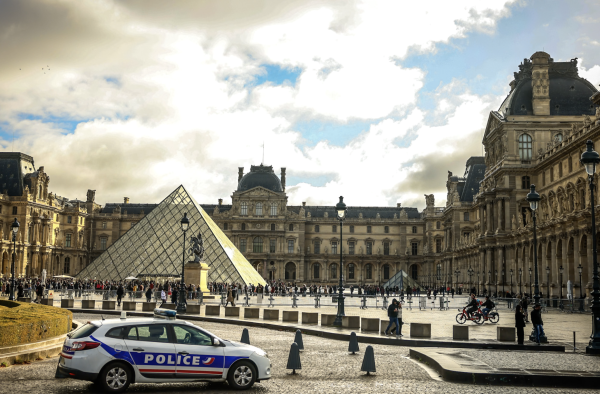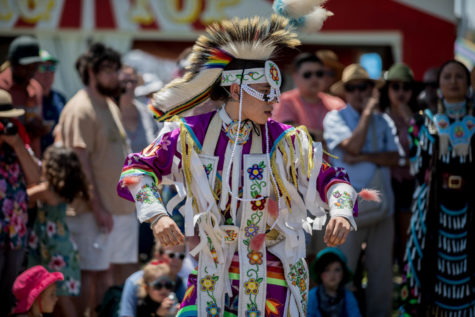EDITORIAL: Systems of racism suffocate communities of color
Systems of racism that permeate into our healthcare are lethal. The long-term trauma that communities of color experience has grave consequences. Chronic, sustained stress associated with racial trauma contributes to health conditions that make COVID-19 more dangerous, such as diabetes and depression.
The pandemic has taken a disproportionate toll on communities of color. Black and Brown people have higher rates of infection, are two to three times more likely to be hospitalized for COVID-19, and are twice as likely to die as their white counterparts, according to Harvard University.
The pandemic also exposed another issue that people of color have known about for decades, the medical system has failed them. Until the systems that limit people of color are dismantled, they will continue to suffer.
Communities of color are forced into environments that are harmful to their health and often, there’s no escape. Our current systems push them into poverty but expect them to carry essential positions without complaint.
Because of historical and current housing and infrastructure discrimination, communities of color are more likely to be near oil fields, waste dumping sites, and factories, according to Harvard University. Living in polluted areas and exposure to toxic waste are linked to higher rates of cardiac conditions and respiratory issues, both of which are high risk factors for COVID-19 related hospitalizations and death.
Though we’ve known for years that higher rates of air pollution and waste are linked to earlier deaths, we’ve turned a blind eye to the building of massive factories and high-pollution monopolies building distribution centers within communities of color. COVID-19 infection and mortality rates are higher in areas with high levels of air pollution, and Black Americans are 37% more likely than White people to have been exposed to toxic chemicals, according to the Guardian.
Essential workers have been the backbone of our country during the pandemic, but many of us haven’t stopped to think about who the workers are and what happens to them. Black and brown people are disproportionately represented in essential careers, such as bus drivers and custodial staff, many of which don’t come with healthcare benefits, according to American Progress. Without healthcare, they don’t have access to the criminally expensive medical treatments for COVID-19.
People of color have been forced into these careers by generations of economic disparity driven by systems of racism carefully built into our economy and government. Because of historical oppression that has destroyed minority businesses, prevented them from buying houses and establishing credit, and barred them from climbing the economic ladder, their access to high paying jobs has been limited.
Environmental and economic justice must be intertwined with our public health systems. We cannot continue to fail people of color and allow systems of racism and violence to permeate their medical care. Until people of color have access to safe living conditions, clean water and air, livable wages, and healthcare, there is no justice.
While systems of racism continue to damage communities of color, there are local organizations striving to mitigate some of the harm. The Deep South Center for Environmental Justice is working to end environmental racism in the Gulf South through research, education, and advocacy programs. Gulf South Rising is an organization established by people of color that seeks to liberate southern communities of color from extractive industries and oppressive policies that intensify the climate struggle.
An individual can’t uproot entire systems, but you can join local organizations, engage in community action, and donate to mutual aid programs that fight for people of color. Algiers Proud is a community care organization rooted in ending systemic injustice in the greater New Orleans area. Consider donating to or volunteering with Southern Solidarity, an anti-imperialist, Black queer-led group that delivers food and medical resources to those in need.
While COVID-19 exposed the racial gap in our healthcare system to some of us, that’s a privilege. It’s up to all of us to work together to build a future where everyone’s health and safety is held in equal regard.
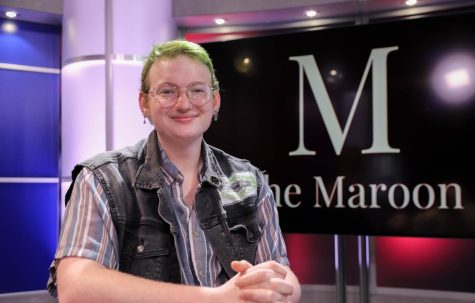
Oliver Bennett is a mass communications journalism and sociology major from Dallas, Texas and Natchitoches, Louisiana. This semester, he’s excited to...
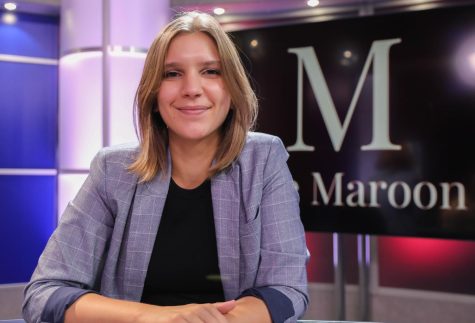
Madeline Taliancich is a senior at Loyola University New Orleans studying theatre arts and journalism who grew up just half an hour outside the wonderful...


